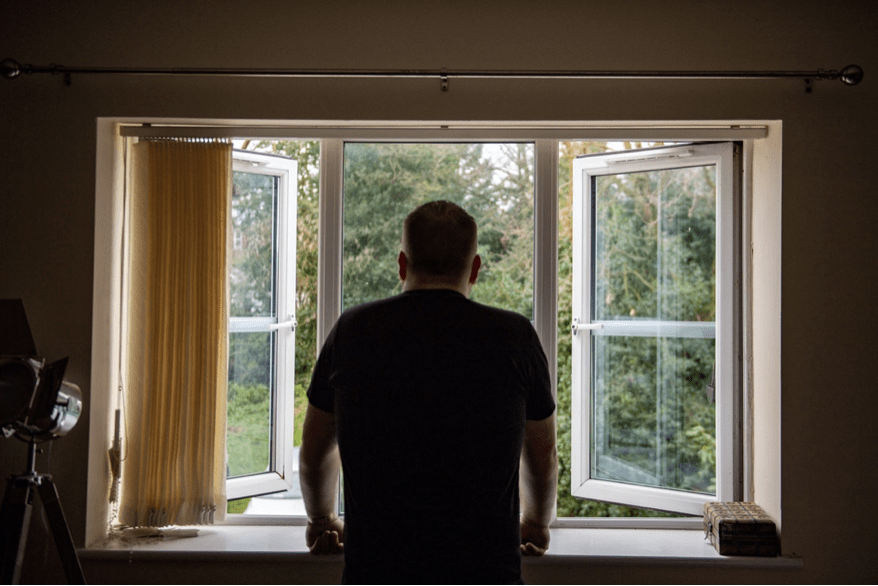With Covid cases soaring, more and more people are being told to self-isolate after coming into contact with someone who has tested positive. If you yourself have needed to take a test and test positive, all your details are stored in the name of public health. Therefore, you must self-isolate to ensure you curve the spread of the coronavirus. Many people feel they can avoid self-isolating and continue going to work as normal in situations where they only have to self-isolate because someone they live with has tested positive. This does not change anything; you are still obligated to self-isolate.
The Health Protection (Coronavirus, Restrictions) (Self-Isolation) (England) Regulations 2020, Regulation 7 makes it an offence for an employer to allow a worker, including agency workers, to attend any place to work. Including those that are required to self-isolate because someone in their home has tested positive, even if they are asymptomatic. When an employer is informed that their employee or someone they live with has tested positive then they are responsible to ensure that the person does not work, unless it is possible for them to work from home. An employer who chooses to ignore this can be fined, starting at £1000.
Employees who are required to self-isolate because they have coronavirus, symptoms of coronavirus, or someone in their house has coronavirus symptoms will be entitled to statutory sick pay. Workers who are self-employed or otherwise would not qualify for statutory sick pay while isolating may be able to claim universal credits or other benefits such as Employment Support Allowance. If you are self-employed and COVID-19 poses a further strain on your field of work and you cannot work point blank, the government has the Self-Employed Income Support Scheme in place to aid those who have seen their income compromised as a result of the coronavirus.
The financial implications of self-isolating where employees are not able to work or work from home poses a big concern and this is most likely why people are choosing not to. It is a good idea for qualifying employees who are required to self-isolate to be temporarily placed on the job retention scheme, this way they will still receive the majority of their wage for the period in which they are self-isolating rather than statutory sick pay. Policies like this may ensure that employees feel completely covered and are not suffering a financial detriment because of contracting the coronavirus.

